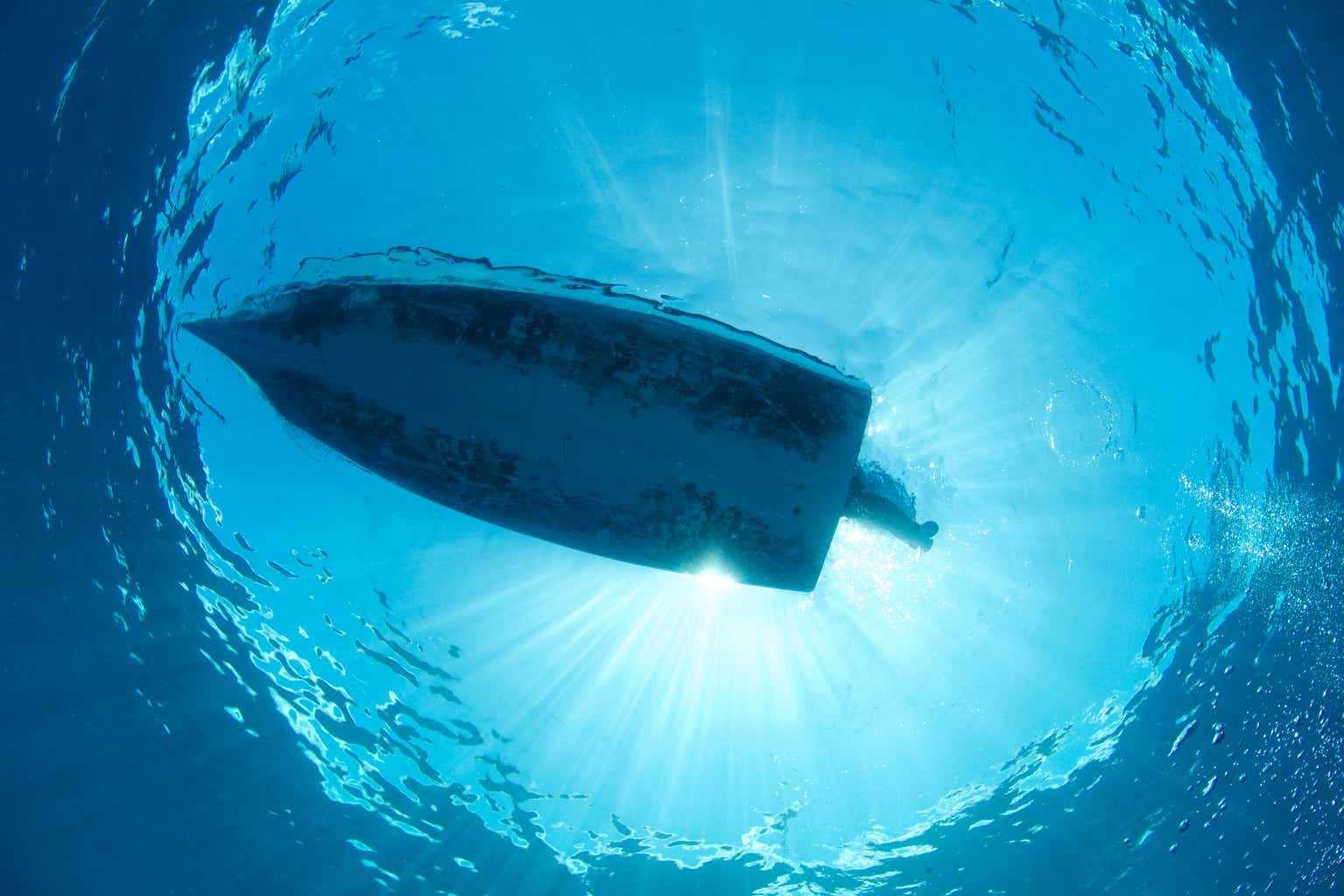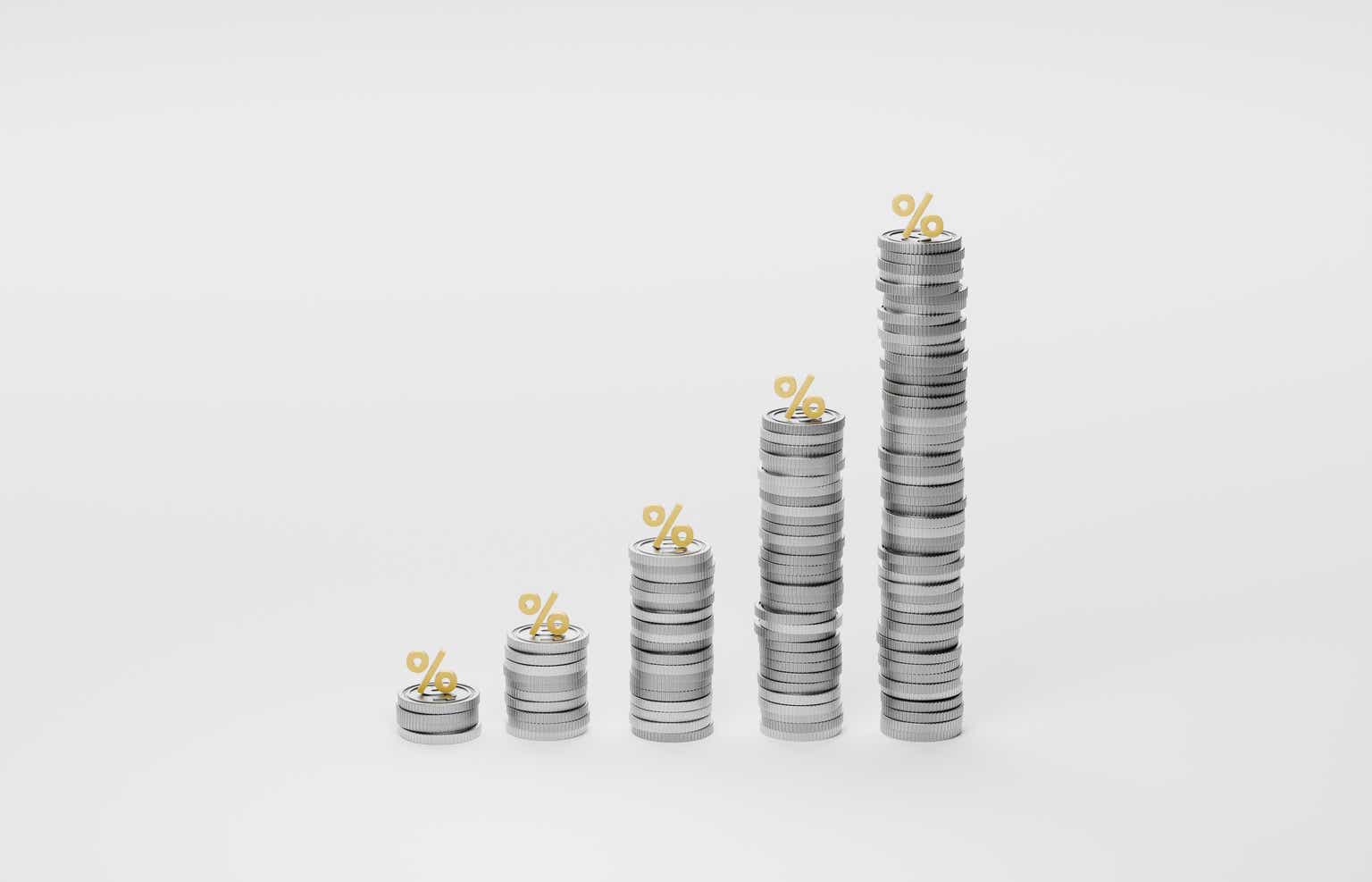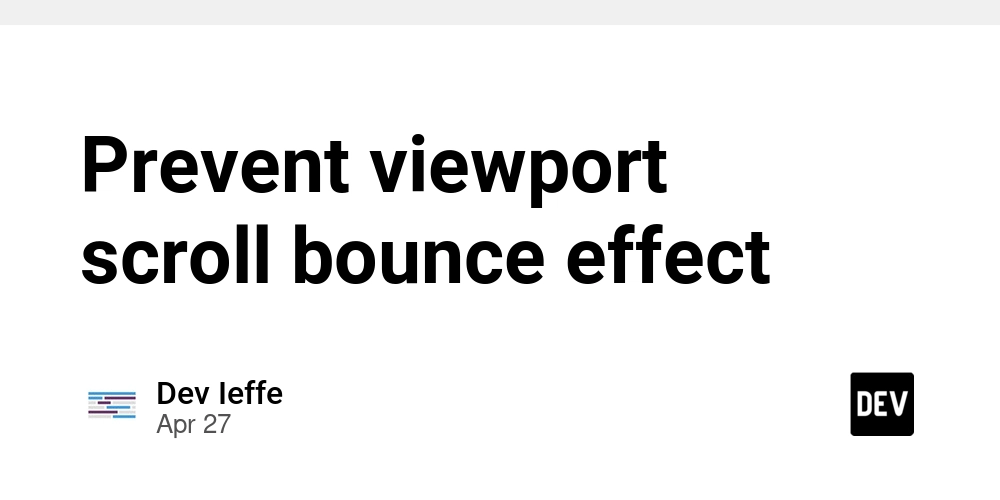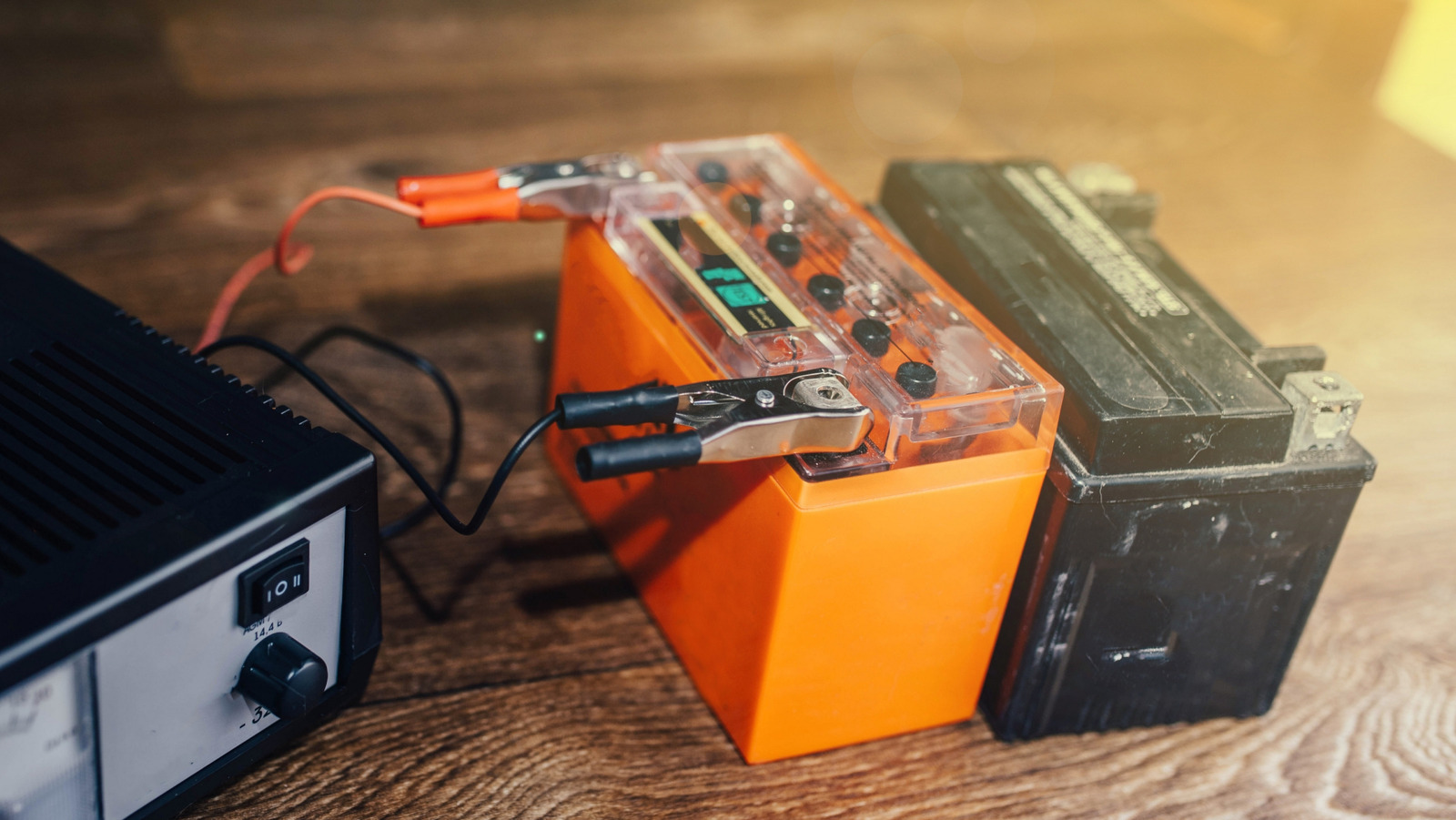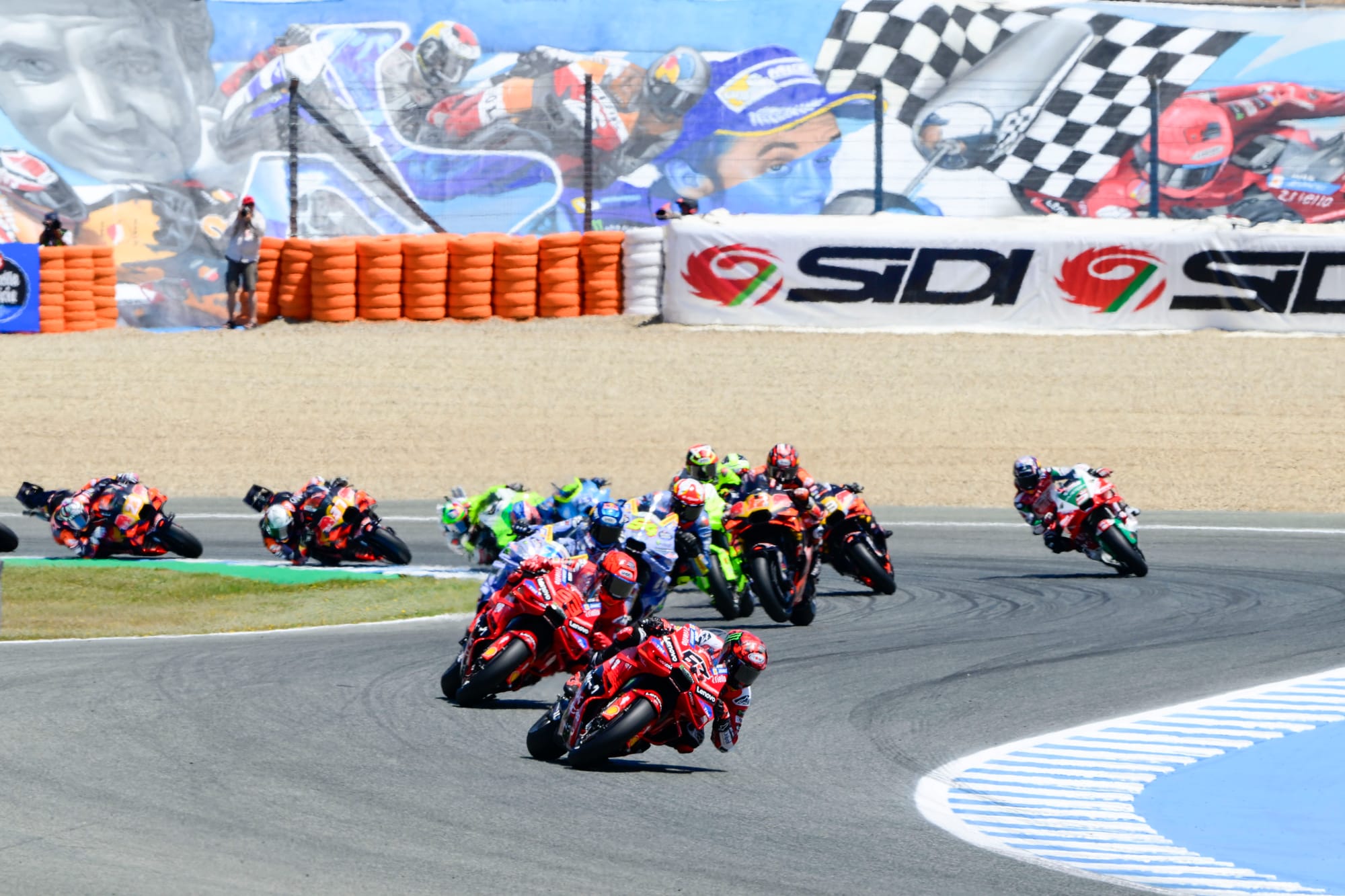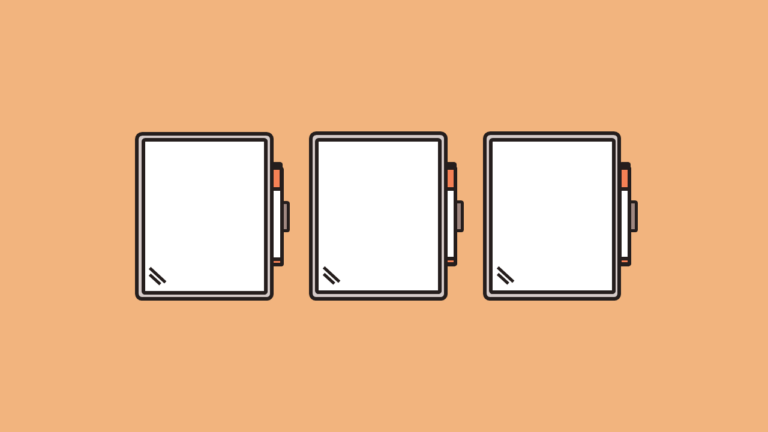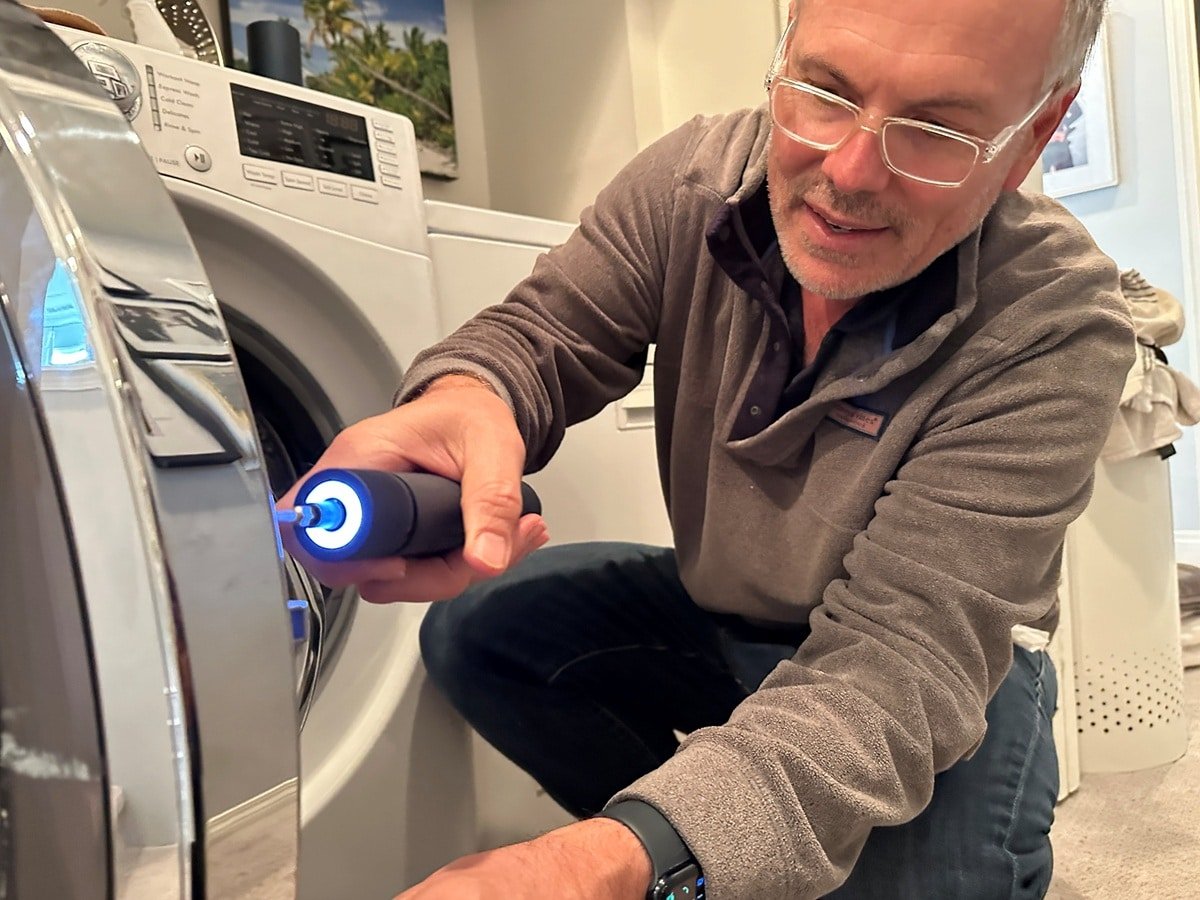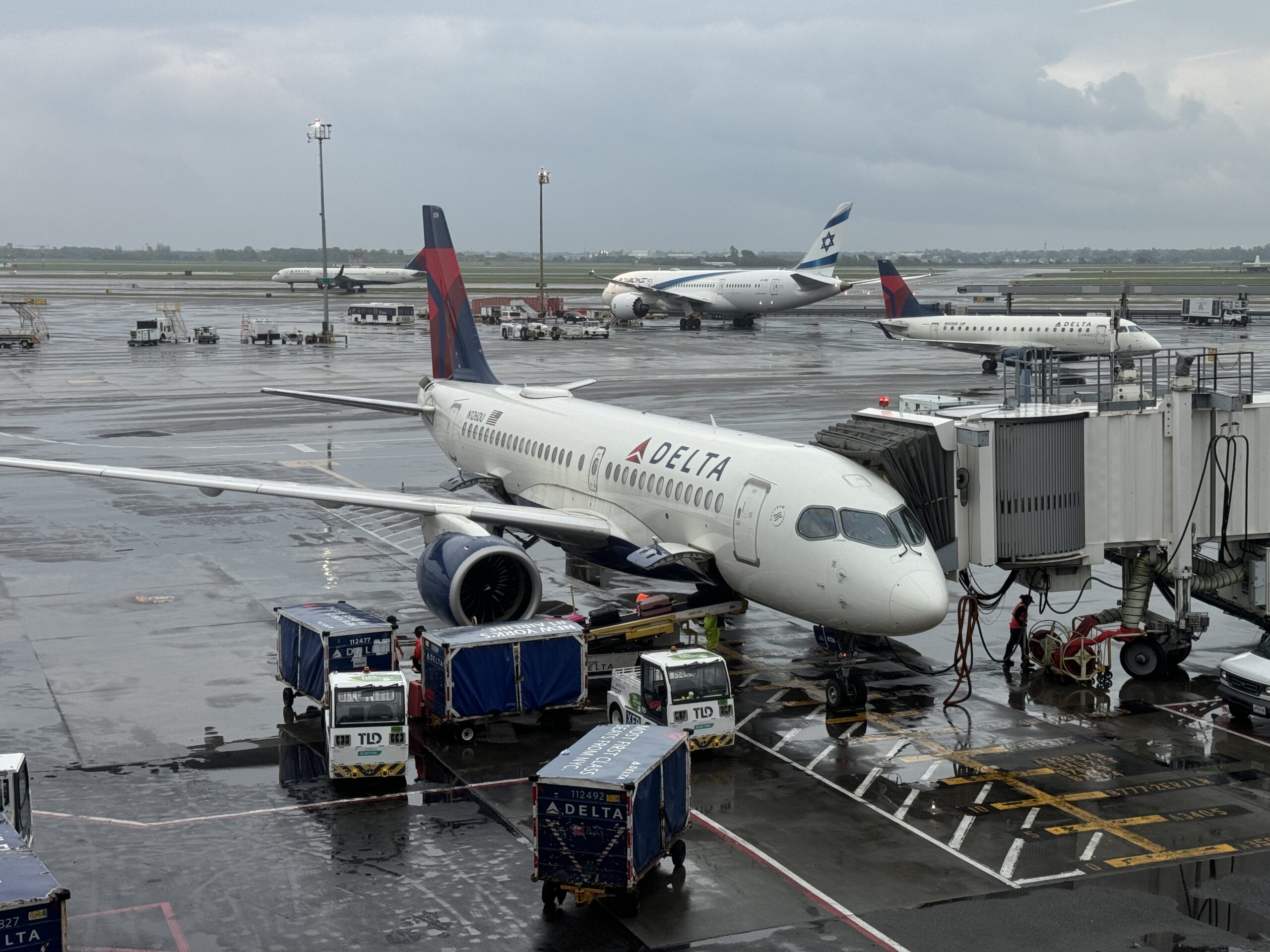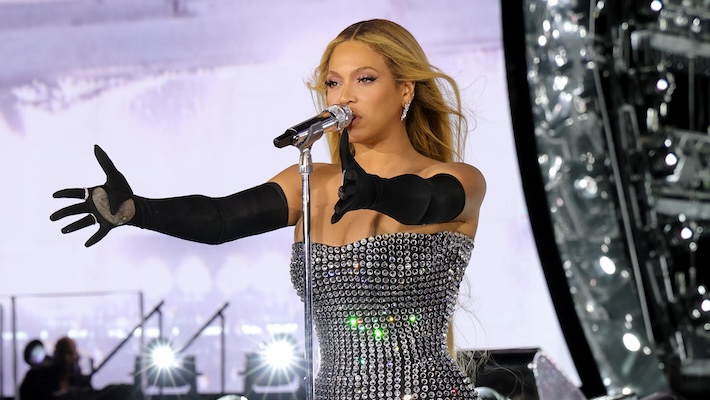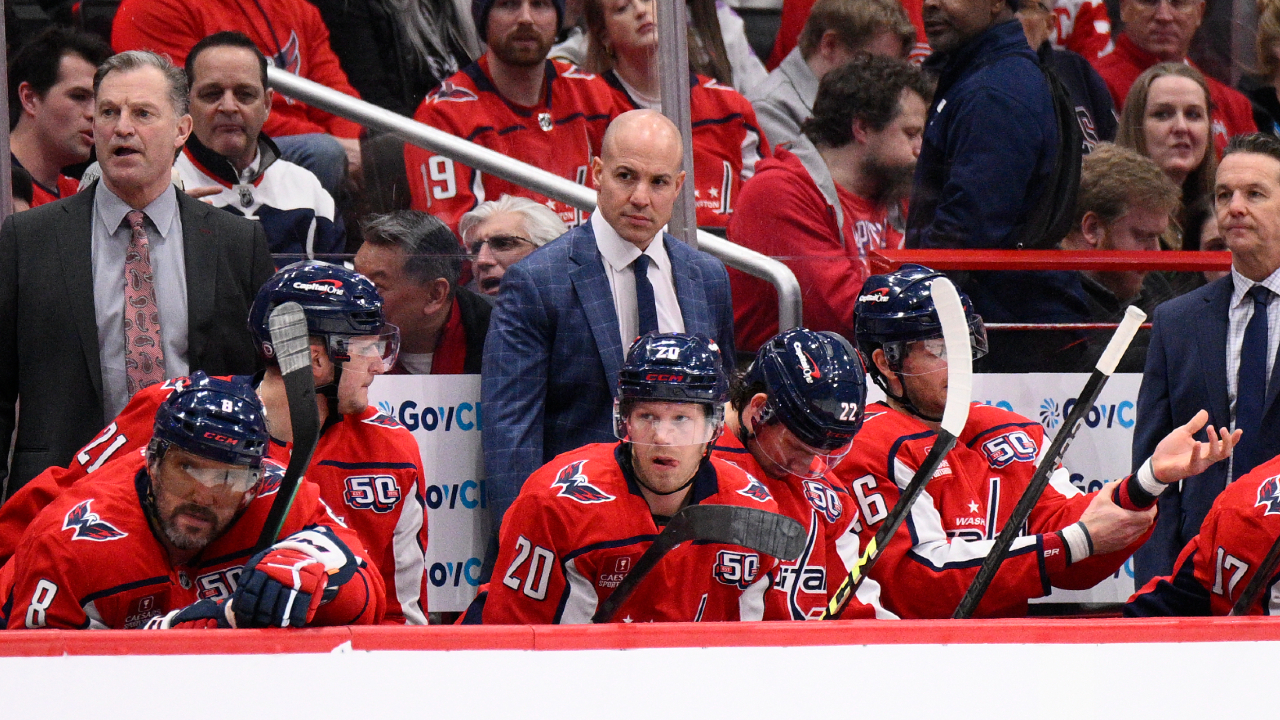This ‘No-Calorie’ Sweetener Might Be Making You Eat More
New research is raising questions about how artificial sweeteners affect weight loss goals.
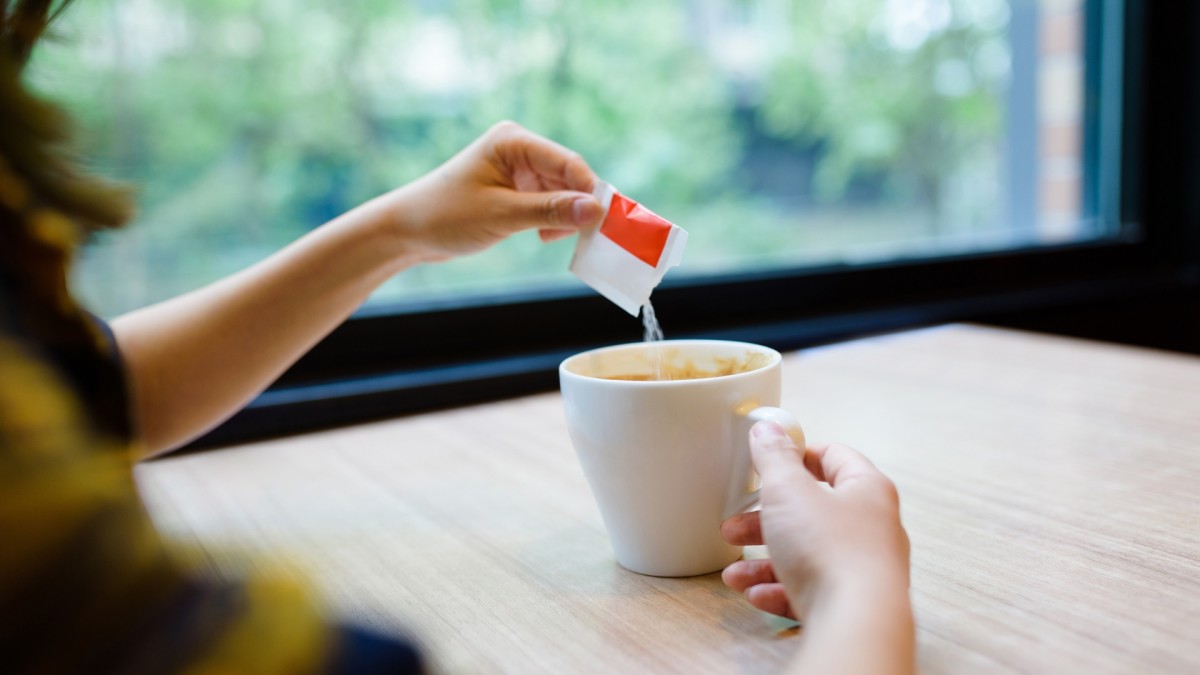
Artificial sweeteners like sucralose and aspartame offer the taste of sugar without the calories, making them a longtime favorite for individuals cutting back on the sweet stuff. Praised for helping with weight management and blood sugar control, they’ve become a staple in everything from diet sodas to protein powders. But in recent years, more people have started to ask: Are they really better than real sugar?
While the use of artificial sweeteners surely cuts out sugar and reduces calorie intake, recent research shows that they may actually increase weight gain by boosting hunger.
The study, published in Nature Metabolism, used magnetic resonance imaging (MRI) scans on a group of 75 adults aged 18 to 35 to measure brain blood flow in the hypothalamus on three different occasions.
During each session, participants would receive an MRI and then were instructed to consume a drink containing sucralose, a sweetness-matched sucrose, or water. Afterwards, researchers continued to collect information at 10 minutes, 35 minutes, and 120 minutes.
Related: This Little-Known Diet Could Be the Key to Longevity and Bone Health
At the end of all three sessions, scientists compared the MRI scans of the participants to determine how sucralose impacted brain signaling.
They found that for many people, sucralose increased blood flow in the hypothalamus—the brain’s hunger center—in comparison to both water and regular sugar, too. This might suggest that sucralose actually stimulates appetite rather than suppresses it. However, each group reacted to the drinks differently.
People at a healthy weight showed a greater increase in hunger-related brain activity after consuming sucralose than after sugar. In contrast, those in the overweight group didn’t show any significant response to any of the drinks. For individuals with obesity, sucralose triggered an increase in hypothalamic activity compared to water, but not when compared to regular sugar.
The study suggests that non-caloric sweeteners such as sucralose may affect the brain and trigger the hunger response. While more research is needed, it’s something to keep in mind if you’re trying to lose weight, especially when reaching for low-calorie products loaded with artificial sweeteners.





